Breaking Point: kinship carers in crisis
2 October 2023
Breaking Point explores the views and experiences of nearly 1,700 kinship carers across England and Wales who responded to our 2023 annual survey and finds that many kinship families are close to breaking point, struggling to access the support they and their children need to continue as a family.
This isn’t inevitable. Breaking Point calls on Governments, local authorities and other partners to urgently improve the financial, practical and emotional support they offer to kinship carers and their children, so that all kinship families can thrive and continue to provide love and stability for children who cannot live with their parents well into the future.
On this page
Click on the link below to take you to the section you'd like to read:
Key findings
Some kinship families are at urgent risk of breaking down.
12% of kinship carers who responded to our survey told us they were concerned they may have to stop caring for their kinship child (or children) in the next year if their situation did not improve. A further 11% said they didn’t know.
Concerns were more common for kinship carers caring on their own, experiencing financial insecurity, and with poor health. The most common reasons given for this were financial issues and challenges managing children’s emotional and behavioural needs.
This level of uncertainty risks more than 19,000 children across England and Wales currently living in kinship care instead entering local authority care. The result of this would be devastating detrimental impacts for children, families, and the public purse.
-
13% of kinship carers said they were concerned about their ability to continue caring for their kinship child or children in the next year
-
Around 18,000 children in kinship care are at risk of entering local authority care
"I have thought about whether I can go on like this, or whether I should hand her back to social services. It makes me feel awful to even consider it, because she’s my granddaughter, but what if I can’t give her what she needs?"
Gemma, grandmother and kinship carer featured in the report
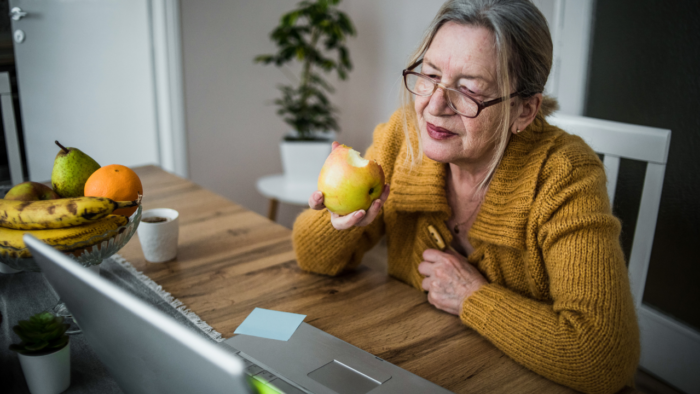
A lack of support is splitting up siblings unnecessarily.
Nearly 1 in 5 respondents (18%) told us they had at some point been unable to take on the care of a brother or sister to a kinship child already in their care. The most common reasons for this included a lack of space at home, challenges managing children’s social, emotional or mental health difficulties, concerns about carers’ own health and wellbeing and financial worries.
This suggests as many as 20,000 children may have entered the care system unnecessarily over the last decade, denied the chance to live in kinship care alongside their sibling(s).
-
Nearly 1 in 5 kinship carers said they had been unable to take on the care of a brother or sister to a kinship child already in their care
"Asked to take newborn sibling but I was working full time and there is no maternity, or equivalent leave for SGO."
Aunt and special guardian
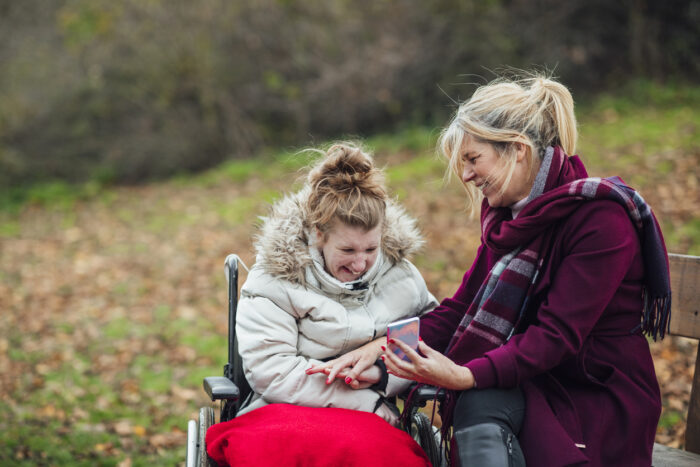
The cost of living crisis continues to plunge kinship families into poverty.
1 in 10 kinship carers (10%) said their household had run out of food and couldn’t afford to buy more within the last two weeks, and 7% were behind on rent or mortgage payments. On both measures, kinship carers who responded to our survey demonstrated higher levels of financial insecurity than other cohorts including the general population and households caring for children.
-
1 in 10 kinship carers said their household had run out of food and couldn’t afford to buy more within the last two weeks
"Cost of living is so high. Bills and food is ridiculously priced. This carry on [sic] I am worried I will lose my grandson through lack of money to survive."
Grandparent and special guardian
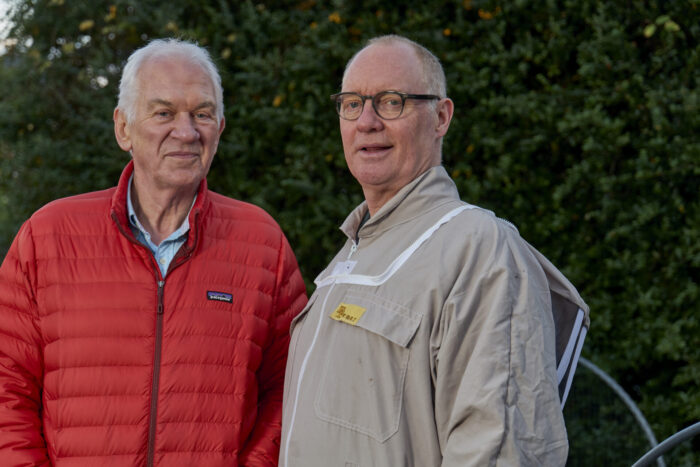
Kinship carers are struggling with poor health and loneliness.
Kinship carers were far more likely to report poor health than other adults in the general population. More than one third of respondents (36%) were caring for a child on their own, and nearly 1 in 5 (19%) said they felt lonely ‘often or always’. Poor health and lone caring were both factors which correlated strongly with increased concerns about kinship carers’ ability to continue caring for their children.
-
Nearly 1 in 5 kinship carers feel lonely often or always
-
36% of kinship carers are caring for a child on their own
"I suffer from depression and anxiety and look after the children on my own and never have a break, I’ve been close to giving up several times and I’m not sure how long I can cope with no help."
Grandparent and informal kinship carer
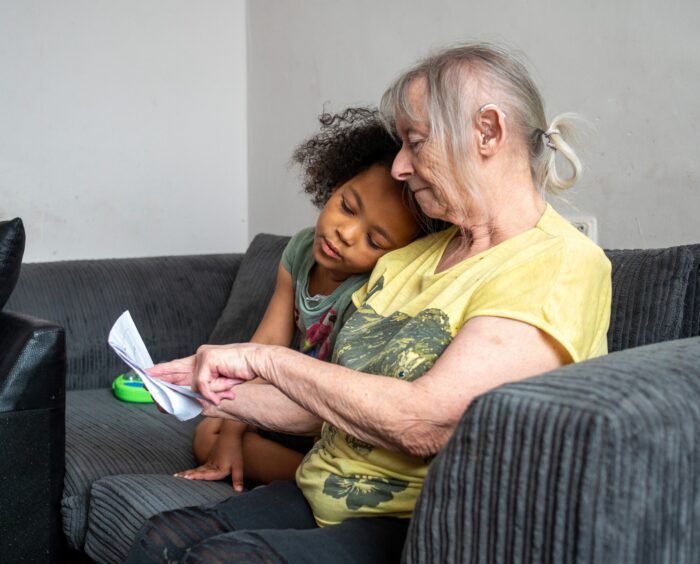
The quality of local authority support and information for kinship families is unacceptably low.
Of those kinship carers who had received local authority support, a quarter (25%) rated the quality of the support their family had received as ‘very poor’. Even more starkly, more than one third (35%) of respondents rated the information about kinship care provided by their local authority as ‘very poor’ and a further 20% as ‘poor’.
-
25% of kinship carers rated the quality of local authority support their family had received as very poor
-
35% of kinship carers rated the information about kinship care provided by their local authority as very poor
"I physically and mentally felt I wasn’t coping and was referred by the school to social services. I begged and pleaded for help but they said it was my choice to become a special guardian! I was seriously thinking of walking away."
Grandparent and special guardian
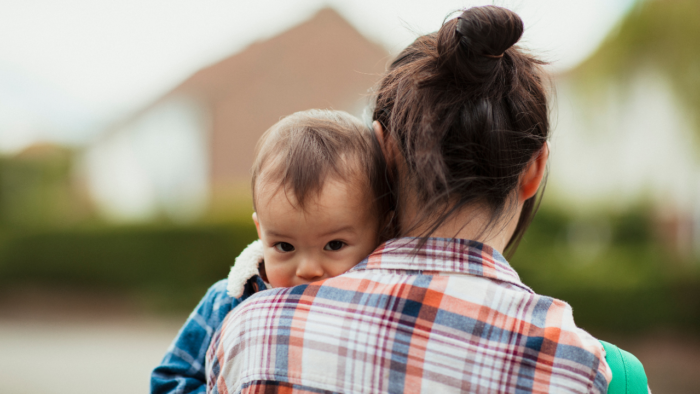
Recommendations
You can read all our the recommendations in the full report here.
Financial support
- The UK and Welsh Governments should equalise financial allowances between foster carers and kinship carers, ensuring kinship families receive a non-means tested allowance equivalent to the national minimum fostering allowance.
- All local authorities should have an up-to-date, accessible and visible policy on the provision of financial support for kinship carers, and move towards emulating the leading practice of local authorities who already deliver a non-means tested allowance to kinship carers as soon as possible.
- The UK Government should also introduce a statutory right to kinship care leave and pay, on a par with that given to adoptive parents.
Support for kinship families
- All kinship carers should receive free and independent advice and information, including legal advice. Local authorities should provide clear and accessible information to all types of kinship carers, and signpost to resources such as Kinship Compass.
- Local authorities should ensure the provision of suitable local training and support services, including peer support, for kinship carers.
- All kinship families should have access to appropriate emotional and therapeutic support, including a bespoke version of the Adoption Support Fund.
Improving the system
- Local authorities should establish specialist kinship teams to improve practice in kinship care, supported by research and other activity from Ofsted and Care Inspectorate Wales.
- UK and Welsh Governments should prioritise comprehensive and holistic approaches which recognise the unique nature of kinship care, backed by updated statutory guidance, including within the forthcoming national kinship care strategy for England.
- Significant additional investment must be made in children’s social care at the next fiscal opportunities to ensure kinship care reforms are effective.
Looking for more?
Discover more reports, briefings and responses from Kinship and keep up to date with with what’s happening with kinship care policy in England at our kinship care policy tracker.
Policy and influencing